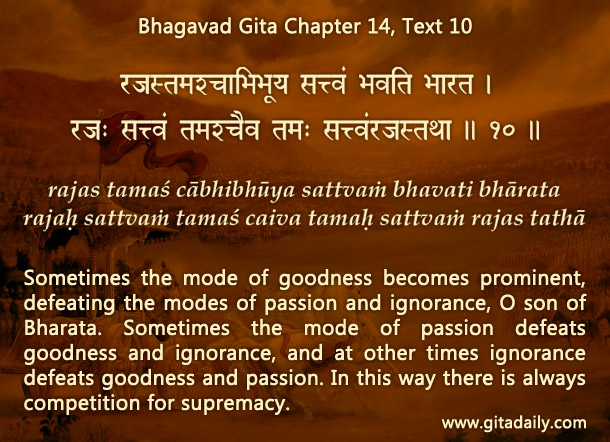Where do we draw the line that separates the good from the bad? – When someone wrongs us, we often tend to paint ourselves as good and that person as bad. That makes us feel good, but it doesn’t do us much good. Why not? Because they may have merely used some weakness in us that others may also exploit.
Consider a boxing metaphor. Suppose a boxer has a weakness that the opponent systematically exploits to defeat them. Such exploitation may be against the spirit of the game, but not literally against the letter of its rules. If the defeated boxer spends all their time villainizing that opponent, they may feel good, but won’t work on rectifying their weakness. And other opponents will similarly defeat them.
With sports, the futility of crying foul is self-evident. But the futility of demonizing those who have wronged us is not so self-evident. Why? Because of our reflex psychological defense mechanism. Ironically, that very defense mechanism prevents us from boosting our actual defenses.
Actually, the line between good and bad runs through every human heart, for the three modes that shape our good and bad actions compete in every heart (Bhagavad-gita 14.10). Does this mean that everyone is morally equal? Not at all – the portion of the heart that belongs to good and bad can vary substantially in different people. Still, if we focus on improving ourselves, we all can shift that inner line in a way that makes us better, wiser, stronger.
One-sentence summary:
The line that separates the good from the bad doesn’t run between us and those who have wronged us – introspect to see how that line runs through every heart, including our own.
Think it over:
- Why do we tend to consider those who have wronged us as bad and ourselves as good?
- What’s wrong with villainizing those who have wronged us?
- After we have been wronged, how can we help fix the situation?
***
14.10: Sometimes the mode of goodness becomes prominent, defeating the modes of passion and ignorance, O son of Bharata. Sometimes the mode of passion defeats goodness and ignorance, and at other times ignorance defeats goodness and passion. In this way there is always competition for supremacy.
To know more about this verse, please click on the image


Closed eyes do not find any difference between the bad and the good